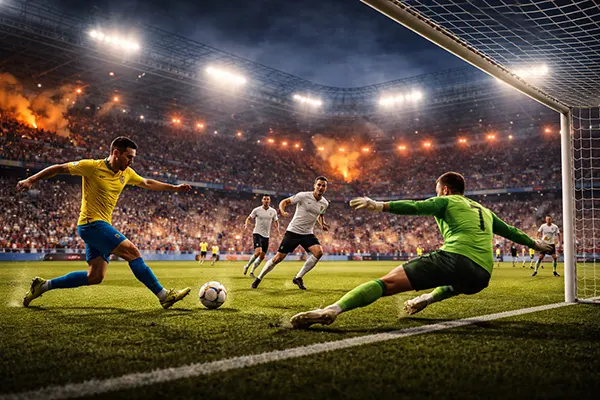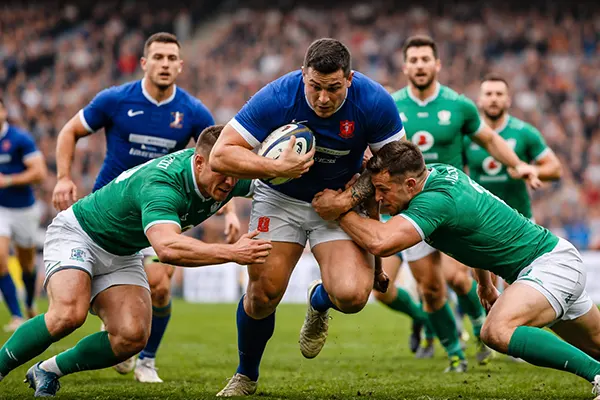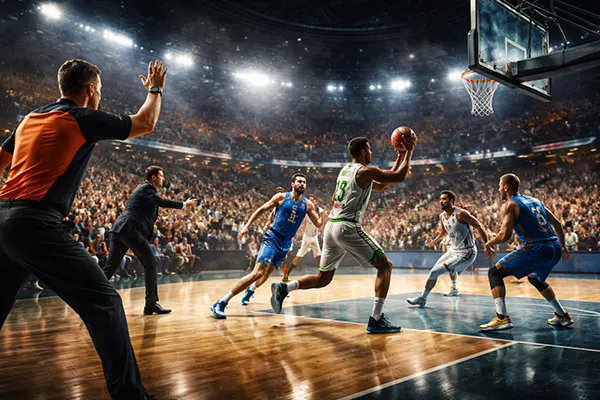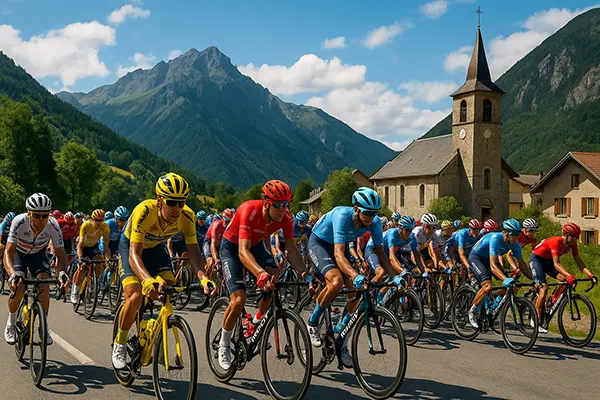UEFA Approves International Broadcasting of La Liga and Serie A: What It Means for Fans and Betting Markets
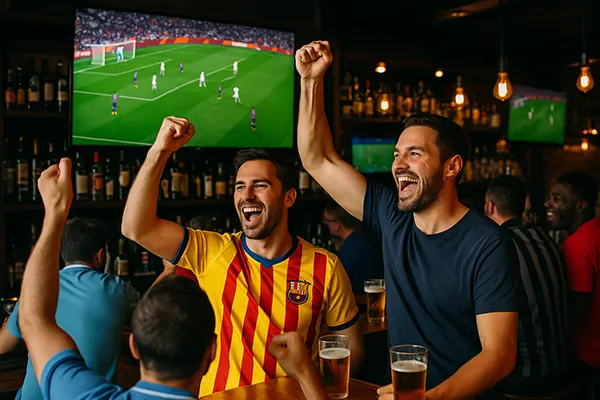
In 2025, UEFA officially approved the international broadcasting framework for La Liga and Serie A matches, opening new opportunities for global audiences and reshaping both fan engagement and betting dynamics. This move reflects UEFA’s strategy to modernise European football’s commercial reach while maintaining fair competition and integrity.
Global Expansion and Viewer Access
UEFA’s updated policy allows broadcasters in Asia, North America, and the Middle East to stream matches from La Liga and Serie A under unified licensing rules. The measure simplifies broadcasting rights, ensuring fans worldwide gain legal, high-quality access without relying on unauthorised sources. Spain’s Mediapro and Italy’s DAZN have already signed cross-border agreements with international media groups to extend coverage into over 140 countries.
For fans, this change eliminates regional blackouts and reduces dependence on local carriers. It also enhances accessibility for those following favourite clubs abroad, offering multilingual commentary and adaptive streaming quality for mobile users. UEFA has introduced minimum standards for latency and video resolution, ensuring parity of viewing quality across territories.
From an industry perspective, the initiative positions European football more competitively against the English Premier League, whose global rights value exceeds €6 billion. By harmonising La Liga and Serie A’s exposure, UEFA aims to stabilise media revenue streams and strengthen smaller markets that historically lacked consistent visibility.
Impact on Domestic Clubs and Economies
The redistribution of international broadcasting income is another key aspect. Under UEFA’s scheme, 15 percent of global revenues will support grassroots and women’s football projects within participating nations. This reinvestment strategy follows sustainability standards introduced in 2024, ensuring long-term development rather than short-term profit maximisation.
Clubs from mid-tier cities such as Bologna, Villarreal, and Real Sociedad will particularly benefit, as new exposure increases sponsorship potential and match-day tourism. Local economies around these teams already report growth in merchandising and sports tourism since early 2025 broadcast trials.
However, financial transparency remains essential. UEFA’s integrity unit monitors broadcasting contracts to prevent hidden ownership and unregulated intermediaries—issues that previously led to revenue leakage in several European leagues.
Transformation of the Fan Experience
Beyond economics, the new broadcasting rights directly influence how supporters interact with the game. Modern digital platforms allow fans to access exclusive camera angles, live statistics, and interactive timelines that bring them closer to the match atmosphere, regardless of location. This immersive viewing model mirrors the technological standards established by Formula 1 TV and the NBA League Pass.
UEFA also encourages local fan zones and licensed sports bars to broadcast matches in real time, supporting community interaction. Many European cities, including Copenhagen and Warsaw, now host official viewing hubs that combine live matches with analytical commentary and safe-betting education initiatives.
According to a 2025 survey by Nielsen Sports, 78 percent of European football fans value real-time data overlays and tactical replays more than conventional highlight packages. Such findings underline the growing preference for analytical content over purely emotional storytelling.
Ethical Considerations and Media Regulation
With wider access comes responsibility. UEFA’s Broadcasting Ethics Charter requires all rights holders to comply with local advertising and betting regulations. This includes clear separation between match coverage and gambling promotion, ensuring minors are not exposed to betting content during live events.
Furthermore, UEFA collaborates with European regulators to combat match-fixing risks associated with unregulated live-betting feeds. Data partnerships with Sportradar and Genius Sports help identify suspicious activity in real time, allowing immediate intervention.
These initiatives show UEFA’s determination to link technological progress with social accountability—balancing innovation with the duty to protect both fans and the sport’s integrity.
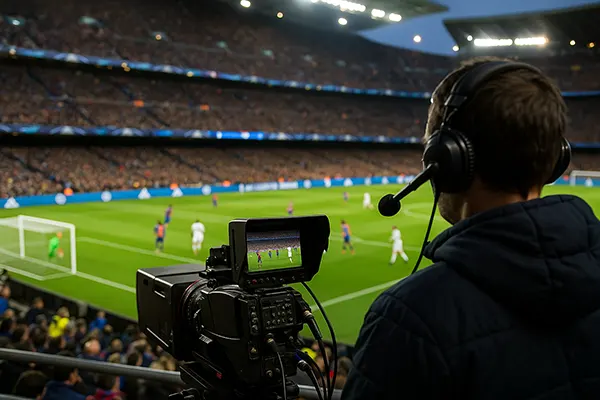
Evolution of the Betting Landscape
The international broadcasting reform inevitably affects betting markets. Global visibility leads to higher betting volume, particularly in regions where La Liga and Serie A previously lacked exposure. Analysts from H2 Gambling Capital project a 12 percent annual increase in regulated football bets across Europe between 2025 and 2027 due to these changes.
Licensed operators are now required to integrate official UEFA data feeds, reducing latency and minimising the risk of insider betting. This enhances fairness and accuracy of live odds while ensuring compliance with Europe-wide gambling legislation such as the Digital Markets Act (2024).
At the same time, responsible-gambling organisations highlight the importance of consumer education. UEFA’s partnership with the European Gaming and Betting Association funds public awareness campaigns focusing on betting limits and self-exclusion tools during major tournaments.
Future Outlook and Sustainability
By 2026, UEFA plans to expand this model to additional leagues, including the Eredivisie and the Portuguese Primeira Liga. The goal is a pan-European broadcasting network that offers equitable exposure and transparent commercial governance. Industry analysts estimate combined media revenues could exceed €9 billion by 2027 if implemented successfully.
However, challenges persist: balancing digital accessibility with copyright protection, maintaining competitive neutrality, and ensuring smaller broadcasters are not marginalised by global conglomerates. Addressing these issues will define whether UEFA’s reform becomes a sustainable model for future sports broadcasting.
Ultimately, the decision marks a turning point for European football—a shift from fragmented rights management to unified global strategy that respects both fan diversity and market integrity.

